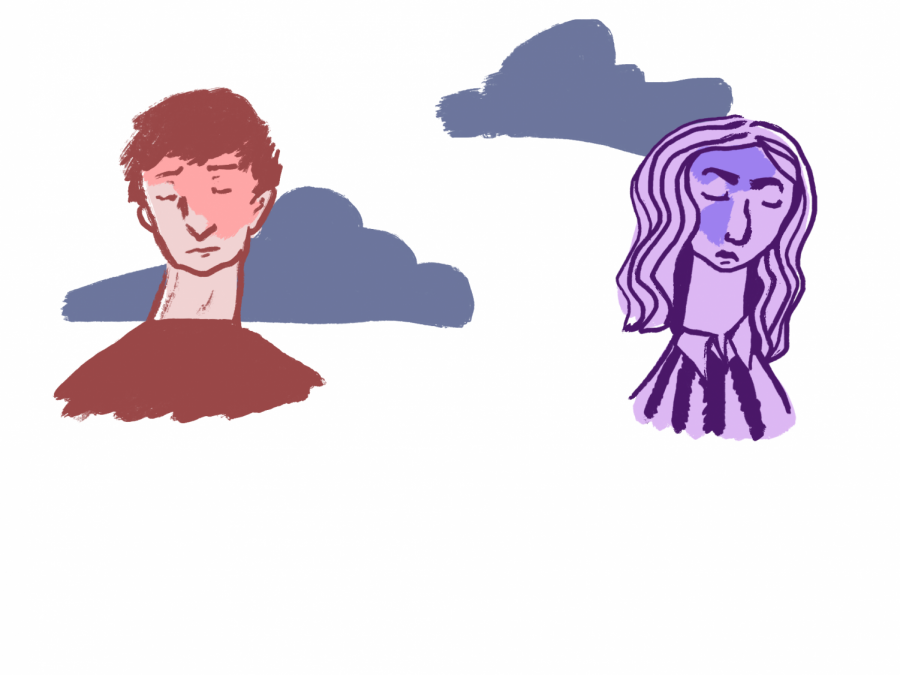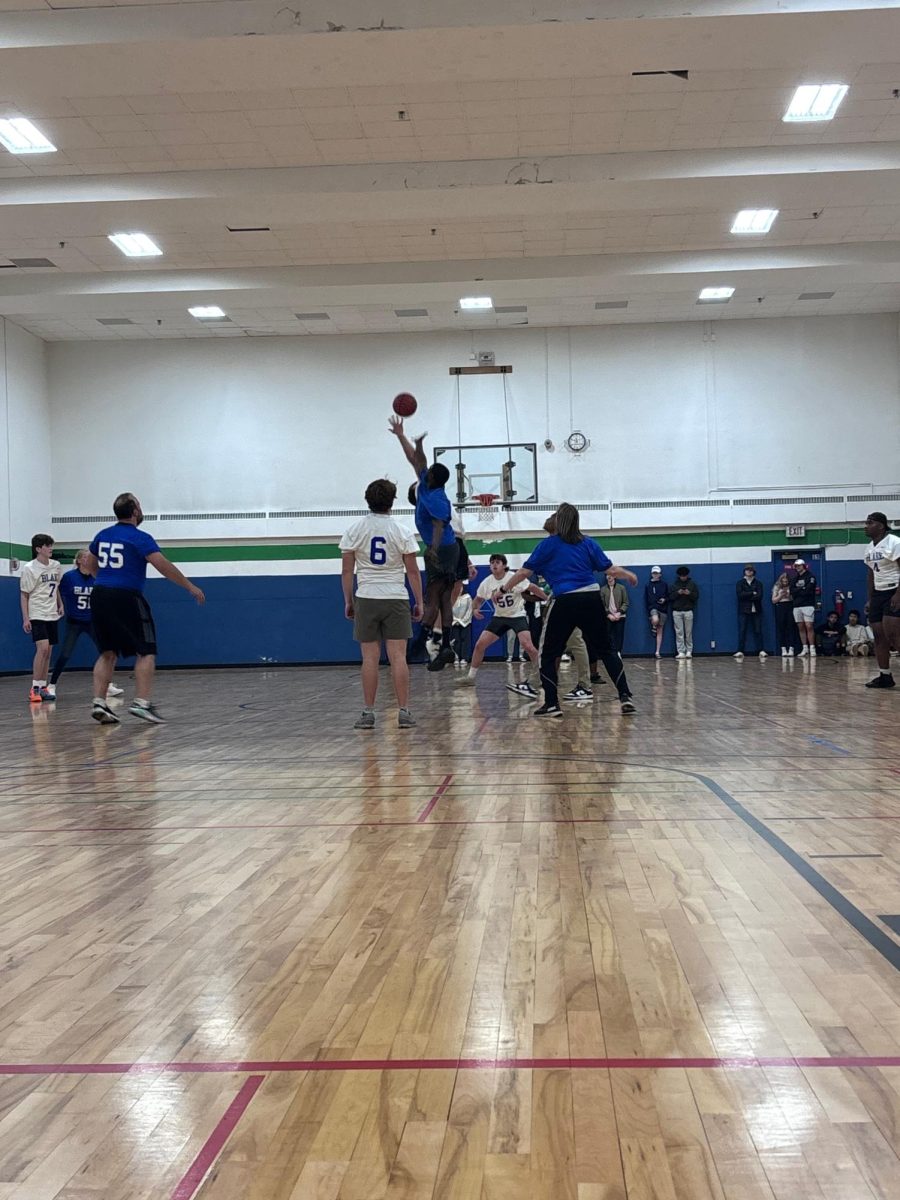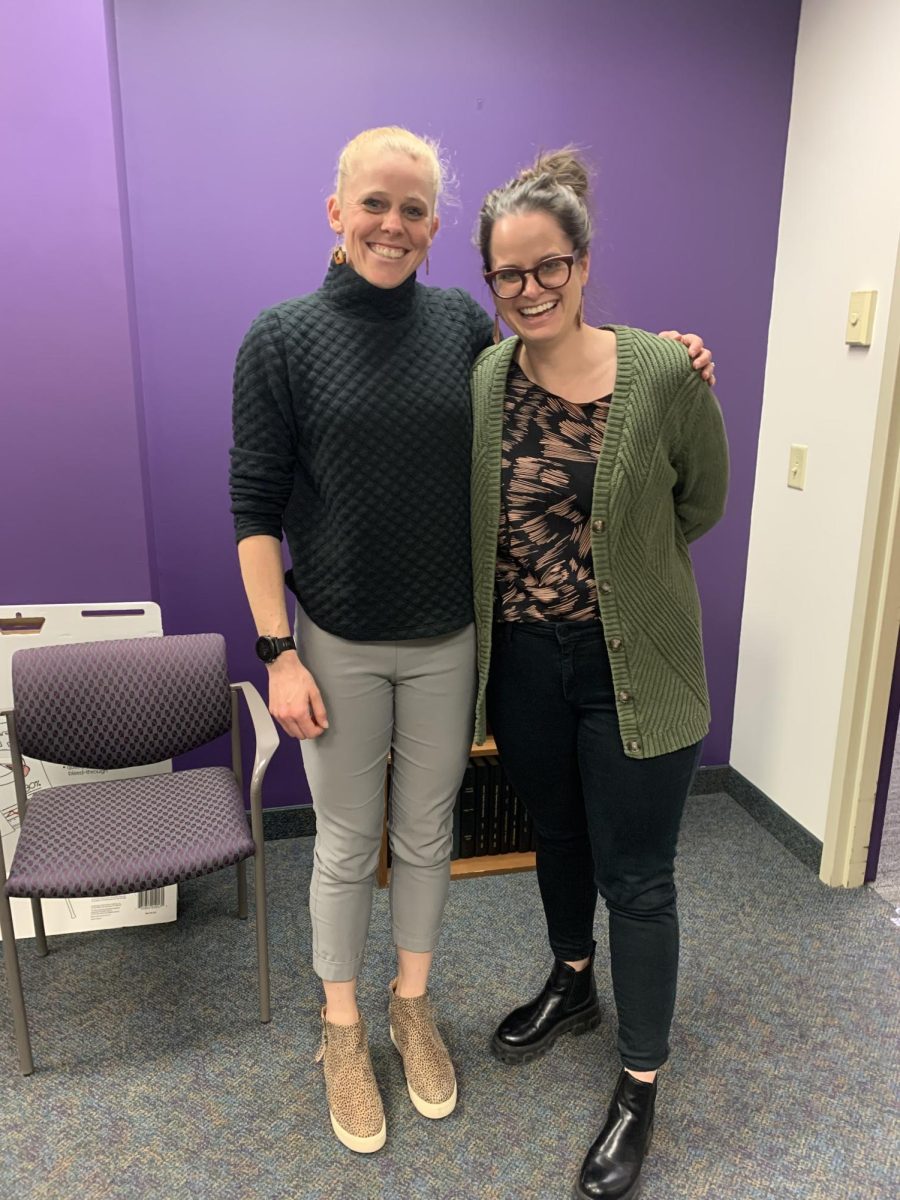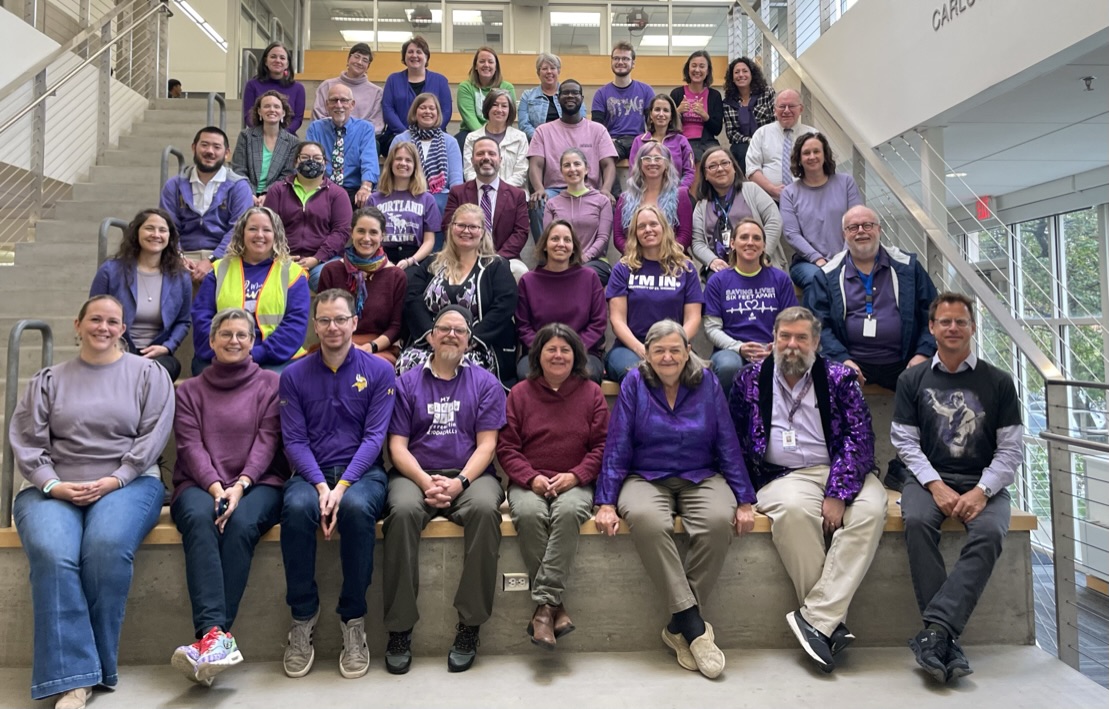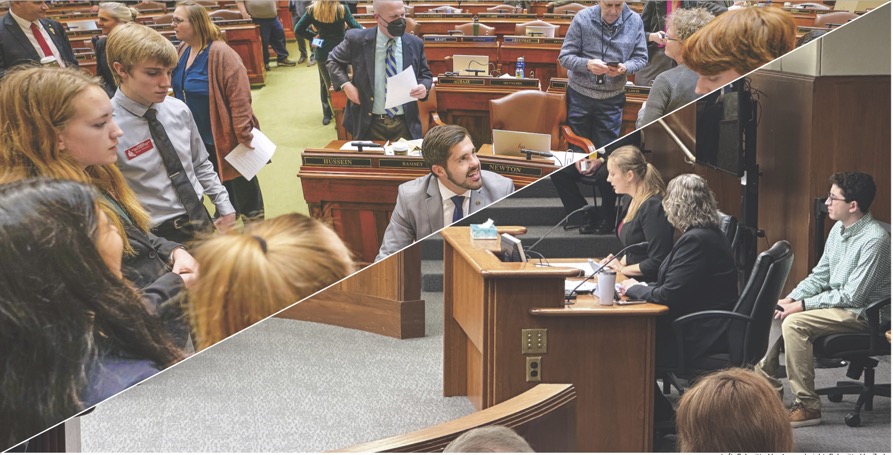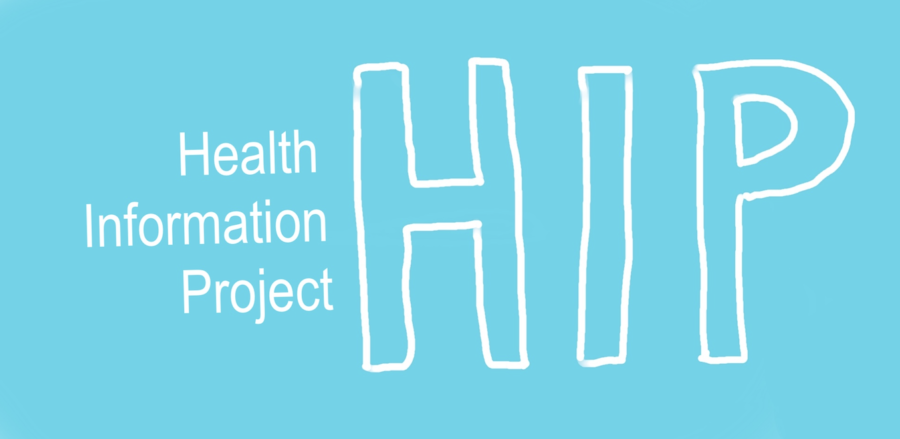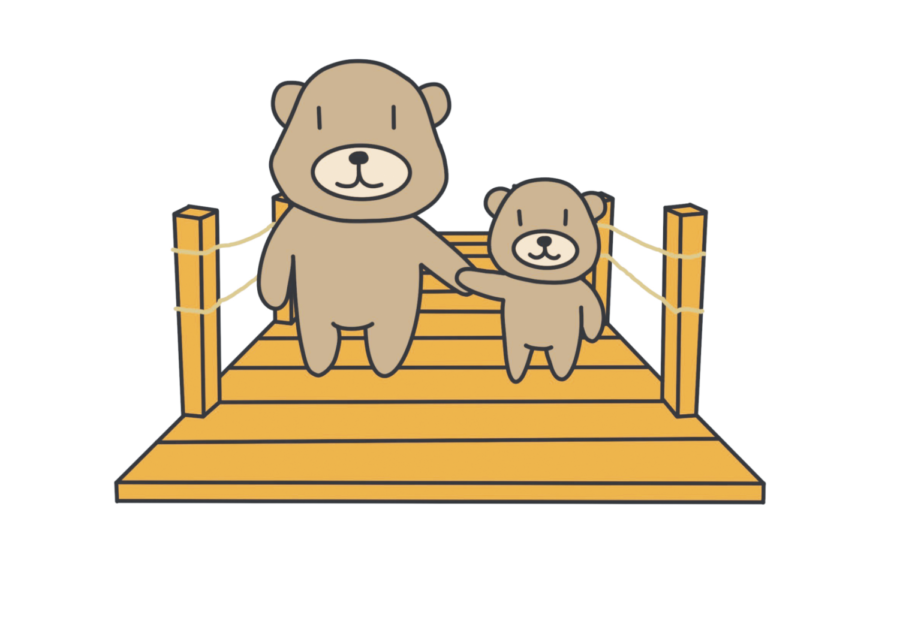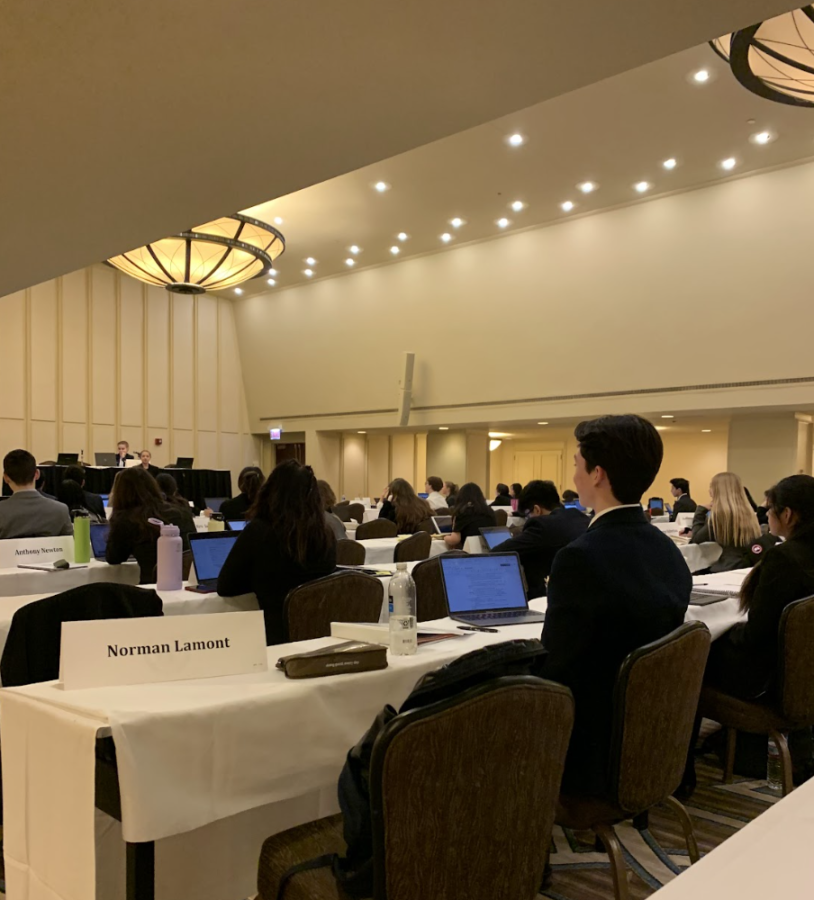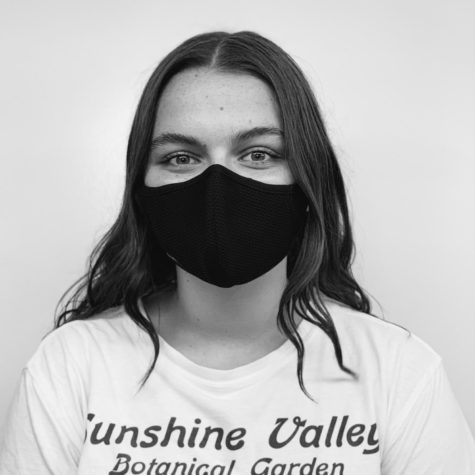As the school year is coming to a close, students and teachers are feeling the cumulative effects of COVID-19, isolation, social unrest, and the ways in which 15 months of high stress has changed our mental health. In normal years, students tend to experience a level of anxiety that is able to resolve itself. However, now we have all been under chronic stress, leading to a feeling of burnout and exhaustion. Not to mention, final exams, AP tests, and college applications have added to this overwhelming feeling.
Erin Adams, Upper School Counselor, states, “Typical stress kind of comes and then it goes. We have stress, and then it gets processed … But over the last year, it has been much more chronic and consistent, and our bodies aren’t used to that kind of stress.” Not only does constant stress affect sleep and overall health, but it also leads to a cycle of heightened anxiety and eventually a lower mood. Adams continues, “I have recognized over the years that stress can lead to anxiety, and can lead to depression. When you have that chronic stress and anxiety, it wears down our bodies because it takes a lot of work to be anxious. Just physically, the way it takes a toll on our bodies and brains can trigger those symptoms of anxiety and depression.”
Regardless of a pandemic, a large portion of teenagers will meet the criteria for anxiety, depression, or other mental health conditions. COVID-19 and the resulting isolation have exacerbated this. Clara Lee Molina ‘21 seems to agree as she explains, “I think it [mental health] has fluctuated a lot more than it used to. I have been diagnosed with depression so it has gotten definitely worse over the pandemic. Like it was fine at the beginning but then school started up so the stress of classes and college just made it worse.” Teenage years are filled with emotional and cognitive changes, shifts in friendships, and gaining more responsibility. All of these factors are difficult to endure without the added stress of a pandemic, and therefore, it is not surprising that students are more susceptible to declines in mental health over the last year.
Furthermore, for many students, large parts of our identities are wrapped up in sports, social interactions, and the general school community. Yet, as we have gone through numerous schedule changes and a complete lack of structure, our identities have been threatened in ways that many people have not experienced before. “There have been a lot of people who have been stressed or vulnerable in a way they haven’t been before,” as Adams says. Molina adds to this, saying, “We don’t build up a tolerance to this. It is just wearing us more and more with every schedule change and event that happens because this has not just been overwhelming in terms of COVID-19 but also police brutality, racial injustices, and socioeconomic injustices.”
Throughout this year, it has felt hopeless, with no end in sight, and therefore, staying in the present moment is immensely important. Adams states, “It is about mindfulness and being in the present moment. If your brain is not worrying about the past or the future and you can just be in the present moment, it gives your brain a break. Feeling empowered to be in charge of your own can be really powerful.” If you are able to take time out of your day and spend time doing something you love, it can serve as a distraction from stress, anxiety, and fear. In the end, no one is immune to the mental health impacts of COVID-19. However, if we ensure that there is a strong support system for teachers and students alike, it will make this year much easier.


